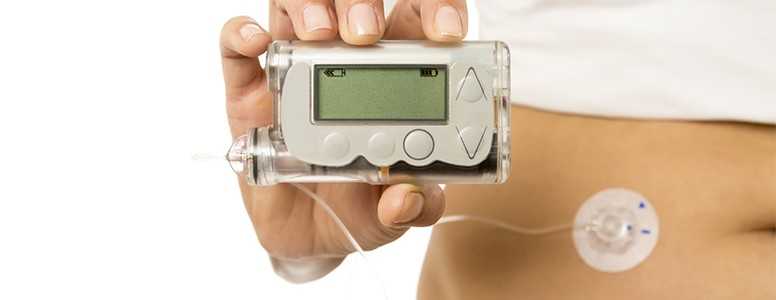A new study provides clinical evidence in supporting the use of insulin pumps for people with insulin-treated type 2 diabetes.
The OpT2mise study, sponsored by Medtronic plc, is the largest randomised controlled trial to compare the efficacy and safety of insulin pump therapy compared to multiple daily injections (MDI) among patients with poorly controlled type 2 diabetes.
331 patients were recruited, ranging in age from 30 to 75 years. Following a two-month period that established dose optimisatio, patients were randomised to pump therapy or continued MDI for six months. This was known as the randomisation phase (RP).
During a subsequent six-month continuation phase, the MDI group was switched to pump therapy. The researchers looked to assess changes in mean HbA1c between the groups from the beginning of the study to the end of the RP.
After six months, patients who used insulin pump therapy achieved better blood glucose control than patients in the MDI group. After one year, the MDI patients who switched to pump therapy achieved further HbA1c reductions, and required less insulin. Both groups reduced their HbA1c by 13 mmol/mol (1.2%) at the 12-month mark compared to baseline.
Study author Ronnie Aronso, LMC Diabetes &Endocrinology in Toronto, Ontario, Canada said: “We found that participants who switched from MDI to insulin pumps were able to achieve these same results by the 12-month mark.”
“Given that many patients with type 2 diabetes have difficulty achieving glycemic control, these additional data demonstrate that insulin pumps provide a significant advantage over MDI with a safe and consistent effect.”
Francine R. Kaufma, M.D., chief medical officer and vice president of global, clinical and medical affairs for Medtronic Diabetes, said: “The results of the OpT2mise trial, which is the largest study of its kind, will help us expand access to insulin pump therapy as a standard of care treatment for the growing number of insulin-taking type 2 diabetes patients so they can enjoy improved clinical outcomes.”
The findings appear in Diabetes, Obesity and Metabolism.
What's new on the forum? ⭐️
Get our free newsletters
Stay up to date with the latest news, research and breakthroughs.







